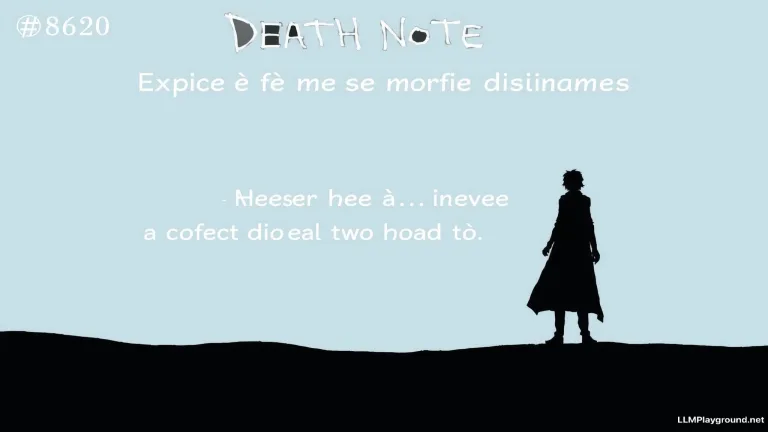
Introduction
Death Note is a thought-provoking anime and manga series that captivates audiences with its psychological intensity and complex themes. At its heart lies a powerful narrative that delves into morality, justice, and the human condition. The story follows Light Yagami, a high school student who stumbles upon a mysterious notebook that grants him the power to kill anyone merely by writing their name in it. As Light embarks on his quest to rid the world of criminals, he quickly finds himself at the center of a moral storm, grappling with the implications of absolute power. Characters like L, the world-renowned detective, and Misa Amane, a devoted idol, further complicate the narrative as they navigate their own beliefs and motivations in response to Light's actions. Each character faces dilemmas that challenge their moral compass, forcing viewers to consider questions about justice, sacrifice, and the value of life. Throughout this blog post, we will explore the intricate moral dilemmas faced by the characters in Death Note, examining how their choices reflect deeper ethical questions relevant to society today. We will discuss the consequences of their actions and how these dilemmas serve as a mirror to our own moral struggles. Join us as we dissect these captivating characters and the existential questions they raise in the world of Death Note.
Light Yagami: The Burden of Power
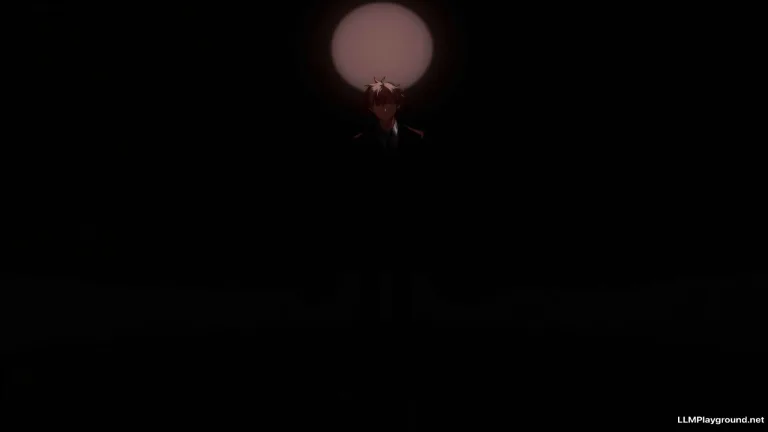
Light Yagami, the protagonist of Death Note, embodies the classic trope of absolute power corrupting absolutely. At first, Light appears to have noble intentions; he truly believes he can create a utopia by eliminating criminals. However, as he wields the shinigami's deadly notebook, Light's moral compass begins to waver. What starts as righteous justice soon devolves into tyranny, showcasing the heavy burden that comes with god-like power.
As Light embraces his role as Kira, he faces increasingly complex moral dilemmas. He must reconcile his vision of justice with the chilling consequences of his actions. Killing criminals may seem justifiable, but when his actions lead to the deaths of innocent people, Light's character reveals the true cost of his decisions. The viewer is left questioning whether the end justifies the means, making Light's moral journey one of the most compelling aspects of Death Note. His transformation from a high-achieving student to a ruthless killer highlights the inherent danger of absolute power and the ethical complexities faced when one believes they are above the law.
L: Justice or Vengeance?
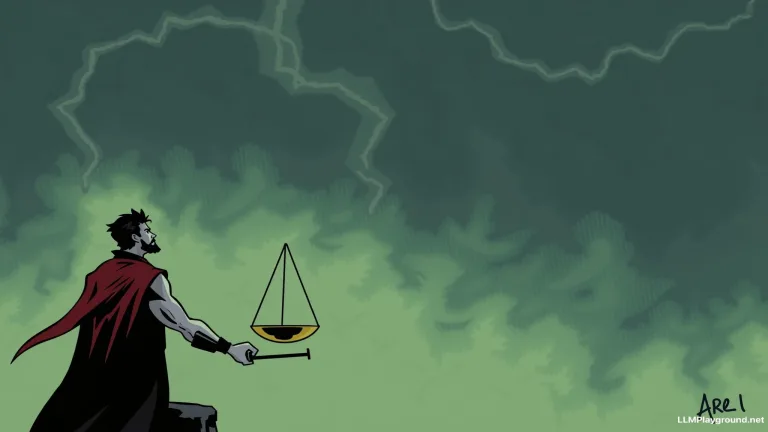
L, one of the most compelling characters in Death Note, presents a fascinating moral quandary: is he truly an agent of justice or merely a seeker of vengeance? His unyielding dedication to apprehending Kira, the enigmatic vigilante aiming to purge the world of criminals, raises questions about the nature of justice itself. L's methods often straddle the line between right and wrong. He believes in upholding the law at all costs, yet his obsession with defeating Kira leads him to employ unorthodox and sometimes immoral tactics. This culminates in a complex character arc—one that challenges the viewers’ perceptions of morality and lawfulness. As he inches closer to his goal, the lines between justice and revenge blur, highlighting the precarious balance law enforcers must maintain in their pursuit of truth.
This moral ambiguity resonates deeply throughout Death Note. While L fervently positions himself as the defender of justice, his engaging tactics bring forth the question of whether ends truly justify the means. In a world where right and wrong are often painted in shades of gray, does L's pursuit of Kira serve true justice, or does it merely satisfy a thirst for vengeance? Fans are left pondering not only L's motivations but their own—the series masterfully engages us in a dialogue about the ethical implications of vigilantism and the consequences of seeking retribution. Ultimately, L embodies the struggles of anyone faced with the difficult choice between adhering to established moral codes or carving their own path in pursuit of what they believe to be just.
Misa Amane: Love vs. Morality
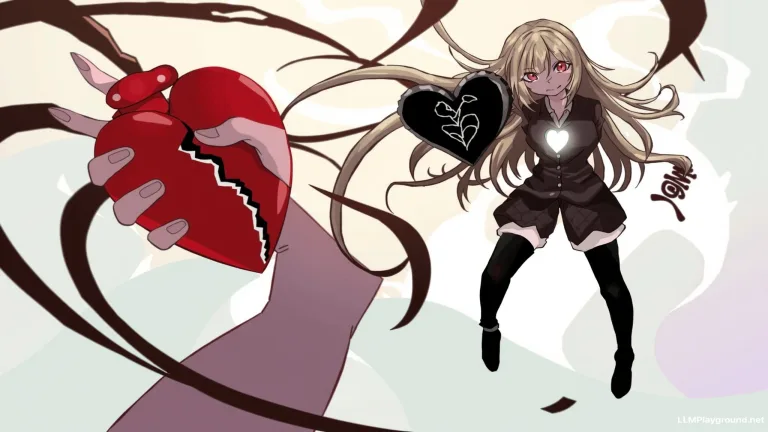
Misa Amane, one of the most complex characters in the Death Note series, epitomizes the struggle between love and morality. Her unwavering devotion to Light Yagami drives her to make choices that blur the lines of right and wrong. Misa's character introduces a unique perspective on moral dilemmas, as she often prioritizes her love for Light over her ethical values. For Misa, her feelings for Light justify her actions, even if they lead to the deaths of innocent people. This raises an important question: how far would one go for love? In Misa's case, her readiness to sacrifice her moral compass reflects the extreme lengths to which individuals might go for those they cherish.
However, Misa's decisions also evoke a sense of tragedy. While she believes she is supporting Light's quest for justice, her actions contribute to the cycle of violence and manipulation that permeates the series. Her blind allegiance serves as a poignant reminder of how love can cloud one’s judgment and distort ethical considerations. As audiences, we are compelled to ponder whether Misa’s actions stem from genuine love or a misguided sense of purpose shaped by her complex relationship with Light. Ultimately, her character acts as a powerful vehicle for exploring the intricate dance between infatuation and morality, prompting discussions about love's impact on our ethical frameworks.
Ryuk: The Observer of Chaos
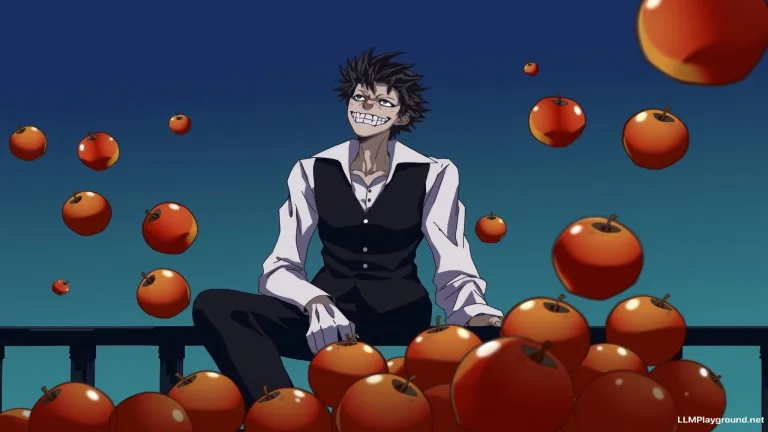
In the world of Death Note, Ryuk serves as both a catalyst and an observer of the moral chaos that unfolds. As a Shinigami, he is inherently detached from human emotions, allowing him to witness the consequences of Light Yagami's choices without personal investment. This unique position enables Ryuk to embody the concept of ethical neutrality. He doesn't intervene in the moral quandaries faced by the characters, ultimately promoting the idea that humans must grapple with their own ethical dilemmas. Ryuk’s role in the series raises questions about accountability and the allure of power, as he introduces Light to the Death Note purely out of boredom, leaving the devastation that ensues up to human hands.
Ryuk’s enjoyment of the chaos stems from his dispassionate observation of humanity’s darkest impulses. He adds an interesting layer to the narrative by providing commentary and perspective on the unfolding events. Since he has no stake in the outcomes, Ryuk effectively mirrors the morality of the characters, showcasing how the pursuit of justice can easily devolve into tyranny. His trademark laughter serves as a reminder that, while he may revel in the chaos, he remains a mere observer, further emphasizing the weight of the decisions made by the protagonists and antagonists alike. In this way, Ryuk magnifies the moral complexities of the story, urging viewers to ponder the ethics of their own judgments.
Near: The Weight of Innocence
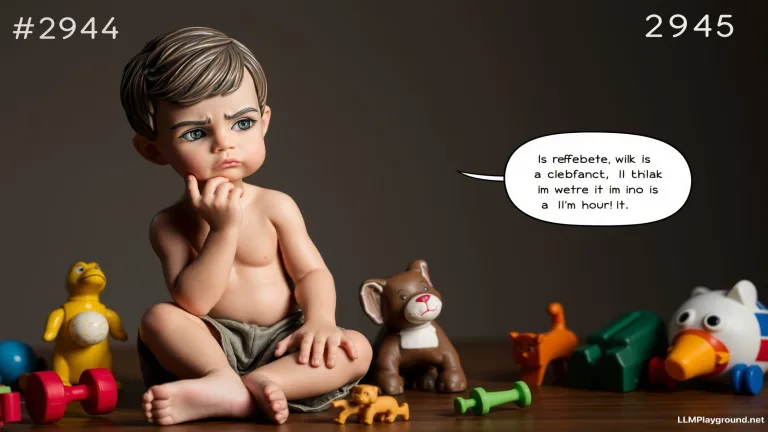
Near, the brilliant successor to L, embodies a complex blend of intellect and innocence. As one of the last remaining players in the battle against Kira, he stands as a beacon of hope and morality amid the chaos. However, the pressure to bring Kira to justice weighs heavily on him. With each decision, Near grapples with the stark reality that he might need to compromise his own principles, leading him into uncharted ethical territory. His reliance on an unwavering moral compass ultimately challenges the viewer to consider the cost of righteousness in the face of undeniable evil.
One of Near's most poignant dilemmas is the conflict between his desire for justice and the innocent lives that could be affected by his actions. Unlike Kira, who ruthlessly executes criminals under the guise of creating a utopia, Near seeks to uphold the law, yet he must navigate the treacherous waters of manipulation and deception. This duality highlights the essence of moral philosophy: Can any means justify the ends when those ends involve laying a heavy burden on the innocent? In the end, Near teaches us that true justice is not simply about winning but about preserving humanity in the pursuit of what is right.
Moral Grayness: The Fate of the Innocent
In the world of *Death Note*, moral grayness looms large as characters grapple with the consequences of their choices. The infamous notebook, wielded by Light Yagami, sets off a chain reaction questioning who is innocent and who deserves punishment. As Light embarks on his quest to rid the world of criminals, he believes he is doing good, yet his journey introduces us to the concept of collateral damage. Innocent lives are disrupted, and lives are lost—all in the name of a warped sense of justice. This raises the question: Is it acceptable to sacrifice some for the greater good, or does that create a slippery slope of moral justification?
Characters like L and Misa Amane highlight this moral dilemma further, as they are forced to confront the implications of Light's actions. L, with his unwavering commitment to justice, must deal with the ramifications of Light's terrors, which blur the lines between guilt and innocence. Misa, on the other hand, represents the emotional toll of infatuation with a 'savior.' Her misguided loyalty leads her to participate in the same immoral acts that claim the lives of innocents. The juxtaposition of these characters illustrates a captivating exploration of morality, making readers question where the line should be drawn in the pursuit of justice.
Ultimately, as we follow the paths of these complex characters, *Death Note* challenges us to reflect on our own definitions of right and wrong. The moral grayness that envelops innocent lives serves as a poignant reminder that the quest for justice can often lead to unforeseen consequences, pushing us to evaluate our own ethical beliefs in the face of such dilemmas.
The Ethics of the Death Note
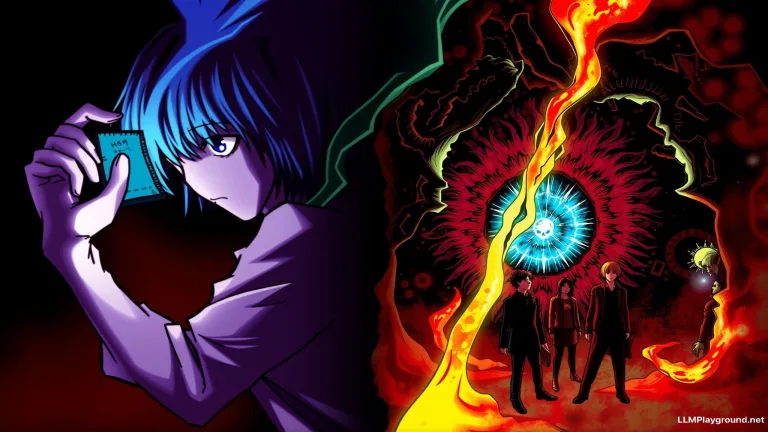
The Death Note presents a tantalizing yet haunting premise: a notebook that allows its user to kill anyone simply by writing their name within its pages. This chilling device raises profound ethical questions about justice, morality, and the value of human life. Characters such as Light Yagami walk a fine line between heroism and villainy, believing that they can create a utopia through the power of the Death Note. However, in doing so, they embody a dangerous form of utilitarianism, where the 'greater good' justifies the loss of individual lives, leading to a slippery slope of moral decay.
Moreover, in their relentless pursuit of justice, characters like L and Near persistently challenge the ethics surrounding the Death Note's use. They grapple with the reality that Light’s killings, though targeting criminals, blur the lines between good and evil. The series compels viewers to question whether taking a life—regardless of the victim's past—is ever justified, and whether the means can really validate the end. Ultimately, the moral dilemmas faced by Death Note characters serve as a mirror reflecting our own societal views on justice, punishment, and redemption.
The Role of Consequences
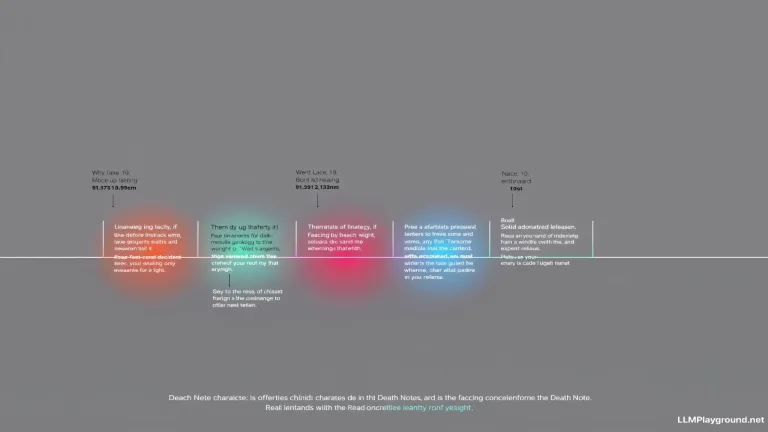
In the psychological thriller of Death Note, the characters are confronted with harsh realities and weighty consequences stemming from their choices. At the periphery of the struggle between good and evil, we witness how power intertwines with morality. From Light Yagami’s initial intentions of creating a utopia to Ryuk’s indifferent observations, the story delves deep into the repercussions of wielding such tremendous power. Each character carries the burden of their decisions, showcasing that every action, no matter how noble the intent, can lead to a cascade of unforeseen ramifications.
The consequences faced by characters like L and Misa Amane highlight the fragile line between justice and revenge. As they navigate their roles, we observe the moral compromises that erode their integrity. The psychological impact of their decisions becomes evident as they grapple with guilt, loss, and the implications of their actions on society at large. Death Note compels us to confront the fundamental question: what happens when the quest for justice supersedes the sanctity of life? The exploration of such moral dilemmas emphasizes that consequences extend beyond individual choices, influencing the fabric of every character's existence and reflecting broader societal values. Through thoughtful character arcs, Death Note reminds us that actions are often laden with responsibilities, resonating long after the final page is turned.
The Influence of Fear and Control
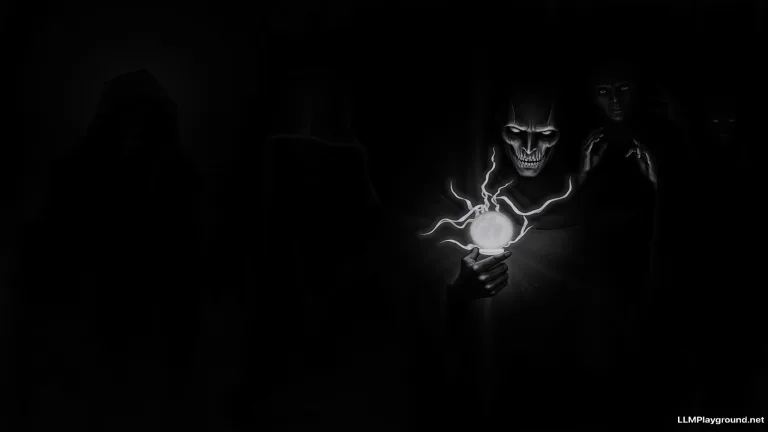
In the world of Death Note, fear and control play pivotal roles in the characters' decision-making processes. Characters like Light Yagami and L add layers of complexity to their moral dilemmas by grappling with the repercussions of their actions. Light, in his pursuit to eradicate evil, uses the Death Note not just as a tool for justice, but as a means to exert control over society. This manipulation of fear becomes an essential tactic in his quest for dominance and power. The fear of being judged and punished by an unseen force drives many characters to act in ways they otherwise wouldn’t, raising profound questions about morality, justice, and autonomy.
On the flip side, we see how characters like L use fear to challenge Light's ideology. As a brilliant detective, L understands that fear can be a double-edged sword. He must inspire fear in criminals to uphold justice while also remaining vigilant against the very manipulation that threatens his own values. This dichotomy illustrates how the interplay of fear and moral integrity can cloud judgment, forcing these characters into soul-searching conflicts. Ultimately, Death Note nudges viewers to reflect on whether fear can ever truly lead to a morally righteous outcome, or if it merely perpetuates a cycle of control and distrust.
Redemption and Regret: A Twisted Journey
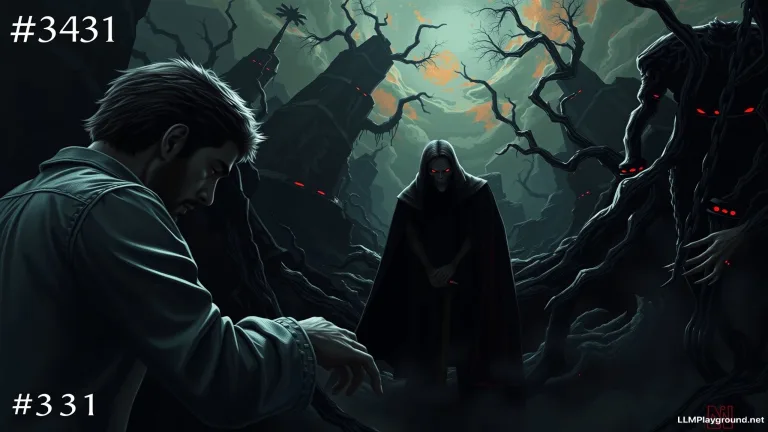
Within the gripping narrative of Death Note, characters wrestle with significant moral dilemmas that shadow their journeys toward redemption and regret. Light Yagami begins as a promising student fueled by a sense of justice, but as he indulges in the power of the Death Note, his need for control spirals into ruthless decisions that ultimately alienate him from his own morals. The seductive allure of being a god-like figure leads him down a path of tyranny, forcing viewers to question whether the end truly justifies the means.
On the flip side, characters like L and Misa Amane showcase their own battles with ethical considerations. L, the brilliant detective, struggles against the dark allure of power as he seeks to uncover the identity of Kira while grappling with the implications of his choices. Misa, initially portrayed as a devoted follower of Light, experiences her own journey towards redemption, questioning her unwavering loyalty and awakening to the repercussions of her actions. This complex interplay of motivations and regrets amplifies the show's core themes of justice and morality, making death not merely an endpoint, but a catalyst for profound character development.
Conclusion
In conclusion, the moral dilemmas faced by characters in Death Note are not just pivotal plot points; they serve as a deeper commentary on justice, power, and humanity itself. Each character's struggle with their ethical beliefs leaves a lasting impression, prompting us to reflect on our own moral choices. Light Yagami, driven by a desire to create a utopian world, becomes a cautionary tale of how greed and ambition can distort one's sense of justice. Meanwhile, L embodies the relentless pursuit of truth, even at great personal cost, urging us to consider the value we place on life and the implications of our actions. The conversations ignited by these dilemmas extend beyond the screen, resonating with issues we face in real life, such as the nature of justice, punishment, and forgiveness. As viewers, we are left to question whether the ends truly justify the means. Death Note challenges us to confront our own moral beliefs and consider the weight of our decisions. Whether you are a long-time fan or new to the series, the exploration of these melodramatic conflicts will continue to inspire dialogue about morality for years to come.
Frequently Asked Questions (FAQs)
Q: What is the main moral dilemma in Death Note?
A: The main moral dilemma revolves around whether one should take justice into their own hands, as seen through Light Yagami's actions with the Death Note.
Q: How do the characters' choices reflect real-world ethical issues?
A: The characters' choices raise questions about power, justice, and morality, echoing real-world debates on crime and punishment.
Q: Are the characters in Death Note purely good or evil?
A: Most characters exhibit a blend of both good and evil traits, showcasing the complexity of moral decisions in high-stakes situations.
Q: Does Death Note provide a definitive answer to its moral questions?
A: No, Death Note encourages viewers to think critically and draw their own conclusions about morality and justice.
Q: What themes are explored in Death Note?
A: Themes of justice, power, morality, and the consequences of one's actions are core elements explored throughout the series.
